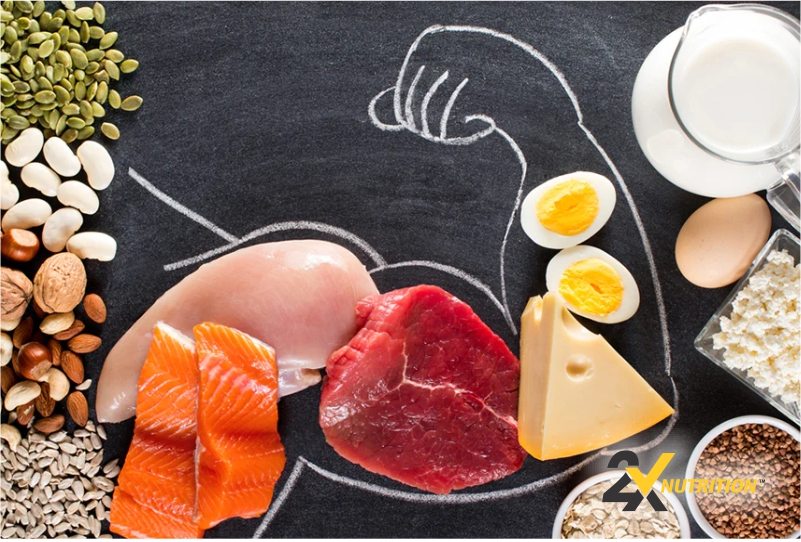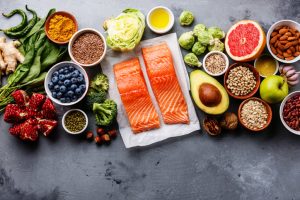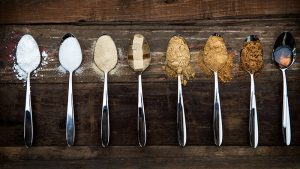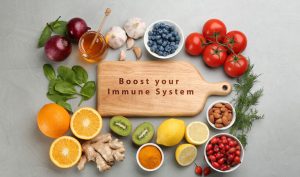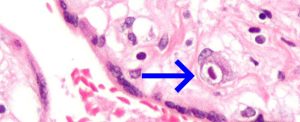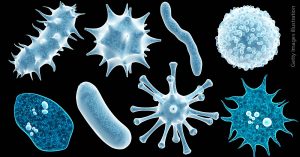In the pursuit of muscle growth, focusing solely on protein is a narrow approach. While protein is indeed crucial, an array of other nutrients plays a key role in muscle formation, recuperation, and fortification.
So, which nutrients, beyond protein, contribute to muscle building? What foods should one prioritize for muscular advancement? We turned to expert dietitians for insights on supplementary nutrients that can aid your fitness aspirations. Here’s what they shared:
6 Essential Nutrients for Muscle Growth Beyond Protein
1. Carbohydrates
While protein is essential for muscle repair, carbohydrates are a pivotal source of energy, fueling workouts and replenishing muscle glycogen—the stored form of glucose within muscles. The research underscores the role of glycogen in both muscle repair and growth. “When paired with protein, carbohydrates can amplify muscle protein synthesis,” explains Samantha DeVito, MS, RD, CDN, a dietitian from New Jersey, according to eatingwell.com.
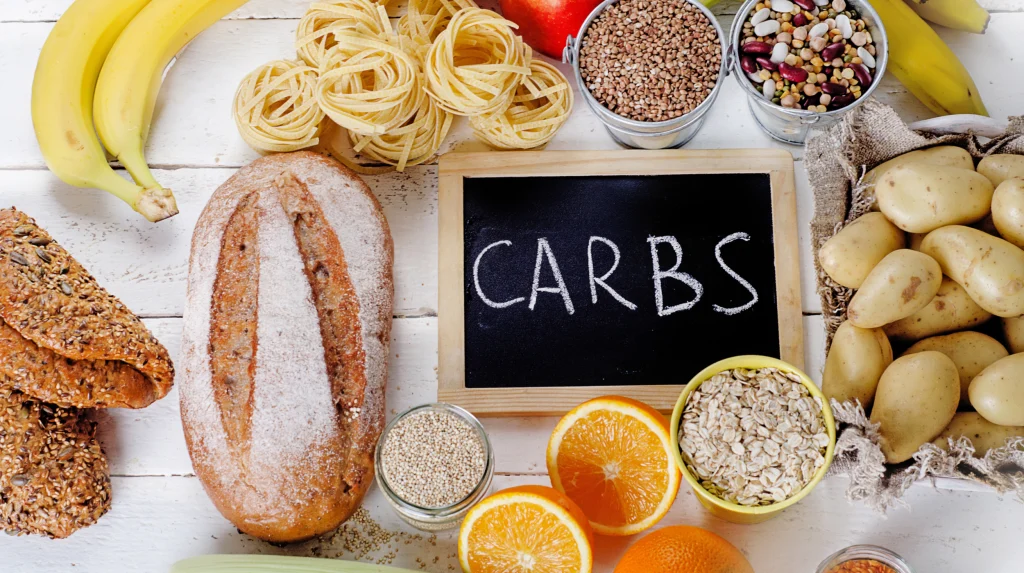
To harness the benefits of carbohydrates, DeVito advises consuming a modest serving of carbs at least an hour prior to exercise. Options like bananas, dates, oatmeal, or a smoothie offer a pre-workout energy boost. Post-workout, combining carbs with protein can further aid recovery.
2. Caloric Intake
Calories may not be classified as a nutrient, yet they signify the energy quotient in foods. A sufficient calorie intake is paramount for effective muscle building. “Muscle growth demands a caloric surplus,” states Dana Sowards, MS, RDN, CSSD, a sports nutrition specialist.
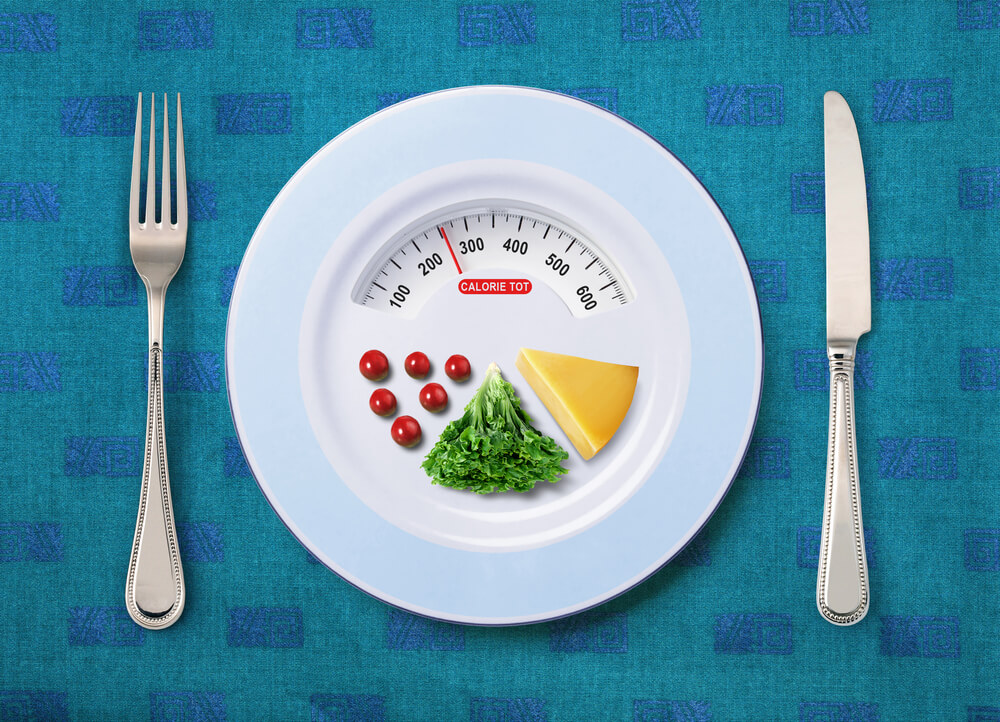
For some individuals, meeting calorie requirements can be challenging. Sowards suggests incorporating frequent, smaller meals and snacks to ensure sustained energy, particularly if larger meals provoke gastrointestinal discomfort before physical exertion.
3. Omega-3 Fatty Acids
Omega-3 fatty acids, particularly EPA and DHA, offer protective and muscle-enhancing properties, primarily by mitigating muscle breakdown and stimulating synthesis. This is especially beneficial for older adults or those limited by injury or illness. “Numerous studies highlight omega-3’s capacity to augment the anabolic response to insulin and amino acids, thus fostering muscle protein turnover,” says Johannah Katz, MA, RD, LDN, a registered dietitian from Florida, as per eatingwell.com.
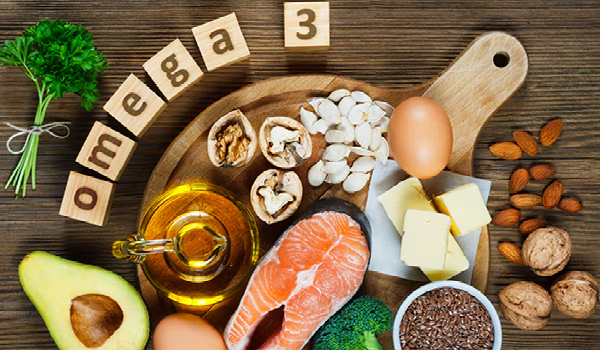
Sources of omega-3s, such as salmon, mackerel, and sardines, are under-consumed by most. For creative culinary inspiration, explore recipes featuring these nutrient-dense fish.
4. Vitamin D
Vitamin D is indispensable for muscle function, yet many lack adequate levels of it. What makes it essential for muscle health? “Vitamin D aids in the regulation of calcium—a mineral needed for muscle contractions—and supports fast-twitch muscle fibers that bolster strength and performance,” notes Shannon Western, B.Sc., M.Sc., ANutr, founder of Ease Nutrition Therapy in the UK. Additionally, its anti-inflammatory effects may alleviate soreness and expedite recovery.
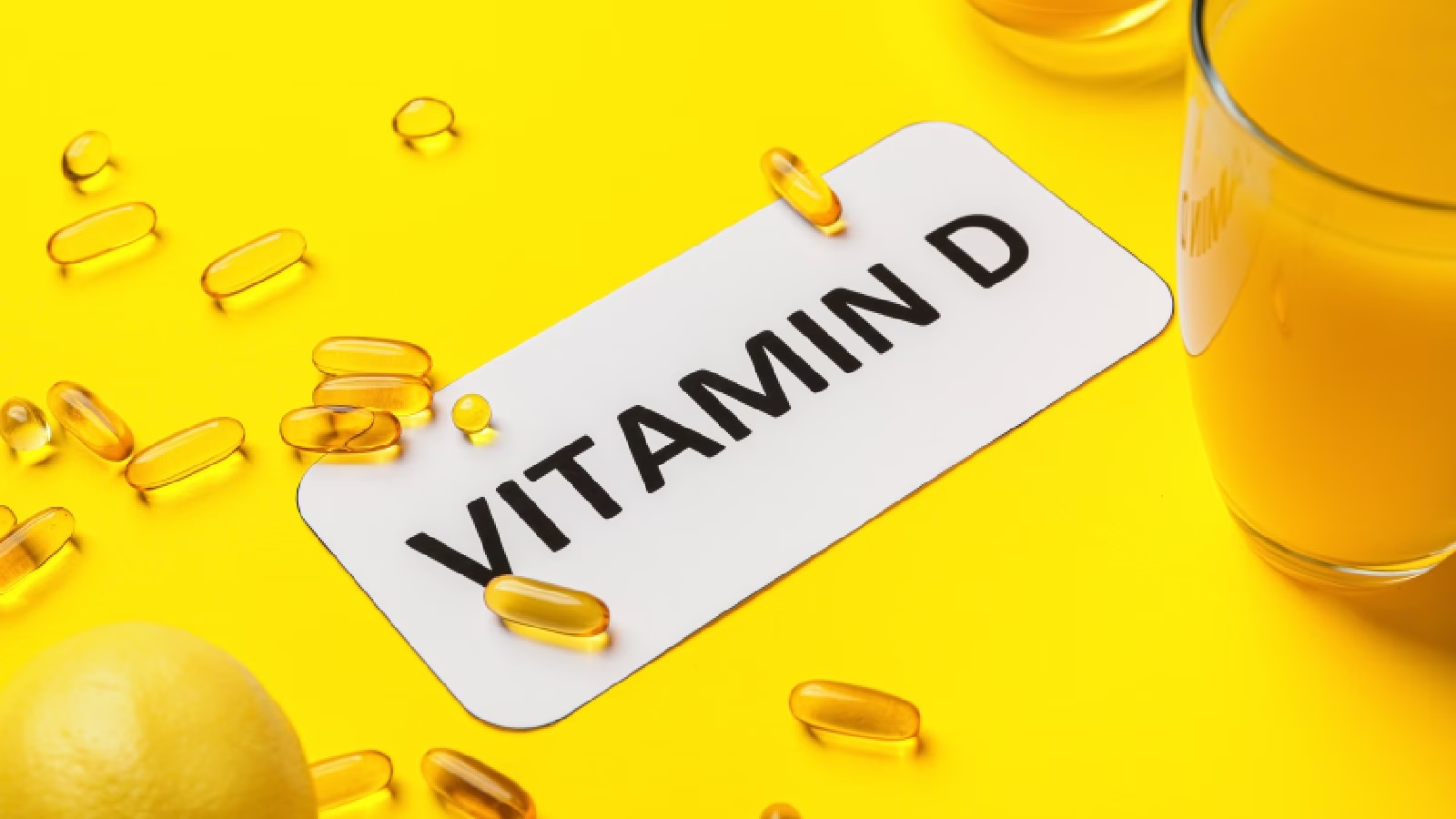
Fatty fish and fortified dairy are rich in vitamin D, while exposure to sunlight naturally boosts levels. Western suggests 20-30 minutes of sun exposure daily. For those with minimal vitamin D sources, consider consulting a healthcare professional about supplementation.
5. Magnesium
Often overlooked, magnesium contributes significantly to muscle function. As a participant in over 300 biochemical reactions, it enhances muscular energy utilization. “Magnesium supports muscle protein synthesis, an essential component of muscle growth,” shares Megan Huff, RD, founder of Nutrition by Megan. It also promotes muscle relaxation and reduces post-exercise soreness, expediting recovery.
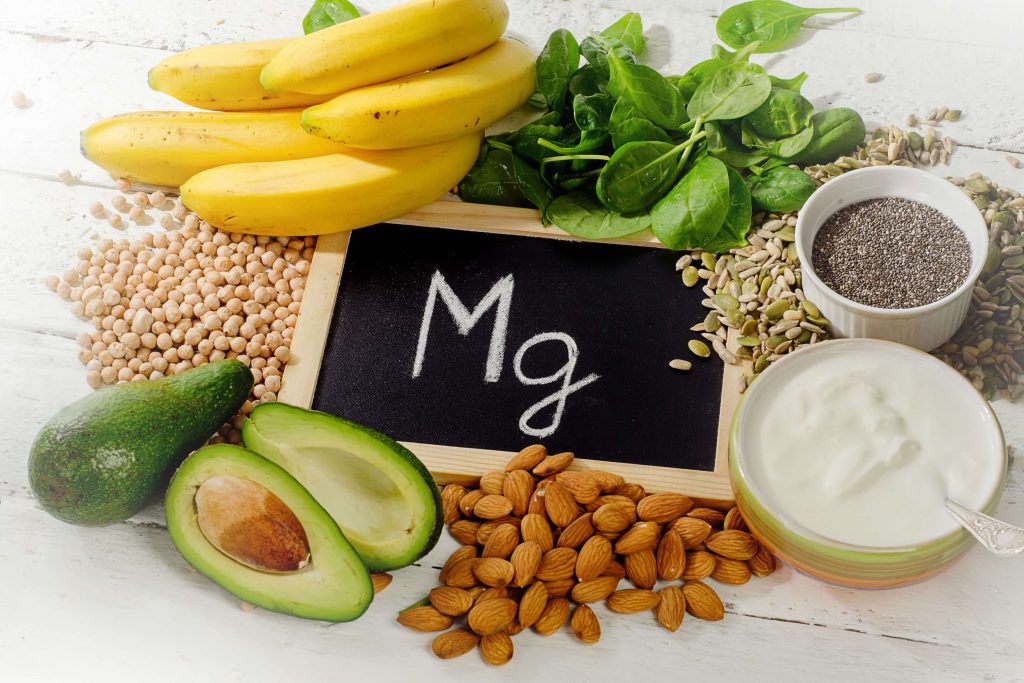
Top magnesium-rich foods include spinach, almonds, cashews, and pumpkin seeds. Certain electrolyte powders also provide magnesium in modest amounts.
6. Creatine
Creatine stands as one of the most thoroughly researched supplements for increasing muscular strength and power. But how does it operate? “Creatine doesn’t directly construct muscle but supplies muscles with the energy needed for enhanced performance,” explains Maria Lucey, a dietitian from Ireland. By empowering you to lift heavier or push through an additional set, creatine indirectly contributes to muscular growth over time, according to eatingwell.com.

Red meat and fish contain small amounts of creatine, though supplementation is typically required to reach levels associated with noticeable performance benefits.
Strategies for Optimizing Muscle Growth
1. Engage in Strength Training: Regular resistance exercises, especially compound movements like squats and deadlifts, are vital for building and maintaining muscle.
2. Eat Regularly: Muscle recovery demands consistent nourishment, not just on workout days. A 7-day meal plan focused on muscle gain can ensure your body receives essential nutrients every day.
3. Supply Steady Protein: While protein intake is crucial, ensure it’s spread across meals to maintain a constant supply for muscle maintenance, as per eatingwell.com.
4. Prioritize Recovery: Muscle repair occurs during rest, not during exercise. Ensure ample sleep and schedule rest days to allow muscles to recover and strengthen.
Building muscle isn’t solely about high-protein diets. By embracing a broader spectrum of nutrients and maintaining consistency, you’ll maximize both your strength and recovery potential.
